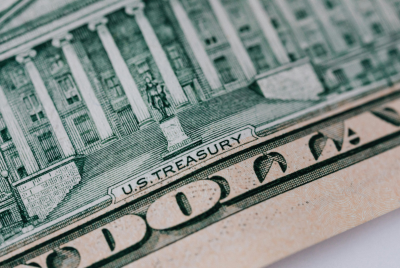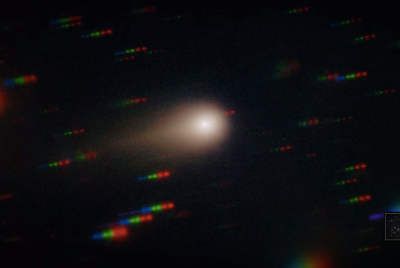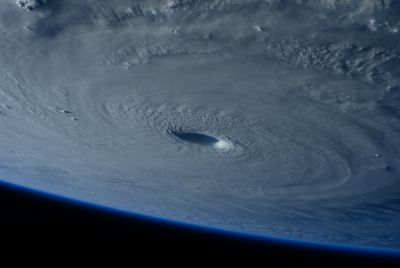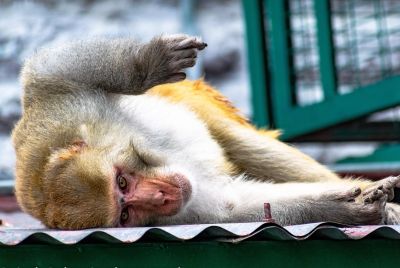Russia rewrites history schoolbook to praise Ukraine invasion and Putin
This is not the first step taken by Russia to rewrite the country's past, present, and future.
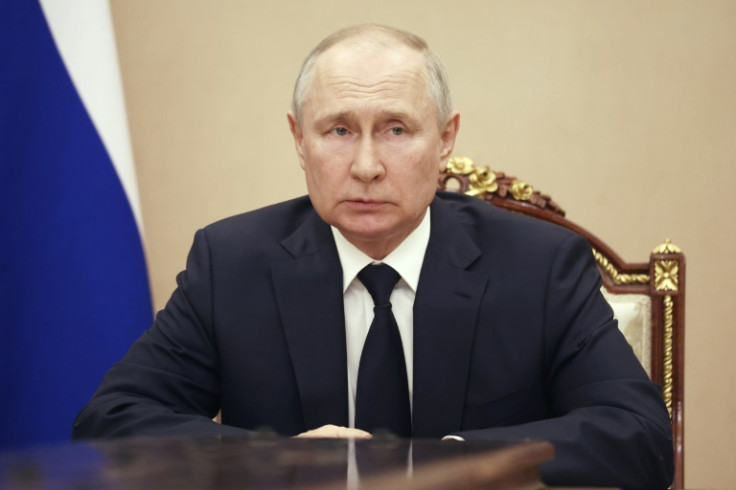
School students in Russia will now be studying chapters in their history books dedicated to President Vladimir Putin's invasion of Ukraine. But there is a catch, the books have been written in such a manner that they won't really get the real picture of the war.
The book largely praises Putin for his Ukraine offensive launched in February 2022, as per local media reports. It has been written in a short span of five months and will be in all schools on September 1.
It will "convey the aims [of the Ukraine offensive] to schoolchildren," which he said were "demilitarisation and denazification so that schoolchildren are convinced that this is really the case," said Education Minister Sergei Kravtsov at a press conference on Monday.
"After the end of the special military operation [in Ukraine], after our victory, we will further supplement this book," The Guardian quoted him as saying.
The book will be read by 11th-grade students, mostly 17-year-olds. It will cover the period between 1945 and the 21st century. It has sections elaborating on how Russian soldiers saved peace when it annexed the Crimean Peninsula from Ukraine.
It essentially portrays Russia as a victim of Western aggression and adds that the West wants to "destabilise the situation inside Russia."
Putin's attempt to present the war as something revolutionary does not even come as a shock. He has, in fact, refused to call the invasion of Ukraine a war. The Kremlin calls it "a special military operation," and no one in Russia is allowed to say otherwise.
Presidential aide Vladimir Medinsky himself admitted that the Russian state is essentially rewriting the country's past, present, and future.
"We completely rewrote the sections '70s', '80s', '90s' and '2000s'. A new section has been added from 2014 to the present, including the special military operation," he said.
Since the start of the Russian offensive in Ukraine on February 24, 2022, the authorities have stepped up censorship, which was already strict, to control the way in which the war is portrayed on television and in the press, as well as by private individuals on social networks.
The country has even passed a law that makes it compulsory for Russians to describe Moscow's actions as a "special military operation," or face up to 15 years in prison. Anyone caught with material that criticise Putin's war in Ukraine stands to face severe punishment. Freedom of expression comes at a cost in Putin's Russia.
Recently, a woman was slapped with a fine for sharing images of a tote bag that said, "Sex is cool, but President Putin's death is better." The Russian authorities slapped a fine of 30,000 rubles (approximately £243) on her for "discrediting" the Russian military.
In a similar incident reported earlier this year, a Russian court gave a two-year suspended sentence to a woman for leaving a note on the grave of President Vladimir Putin's parents, which read that they had "raised a freak and a killer."
A former school teacher was sent to jail for five and a half years after she put up a post criticising the war on social media.
These are not isolated cases. The state has come down heavily on dissenters in the last year. In September 2022, hundreds of Russian citizens were put behind bars for holding demonstrations against the Russian invasion of Ukraine
Several videos of anti-war protesters being detained by the Russian authorities made it to social media platforms such as Facebook.
Putin has been slowly taking Russia back to the dark ages. He has been at war not just with Ukraine but with his own countrymen as well. Human rights activists, journalists, freedom of speech proponents, and people who do not share the same world view as Putin's have no place in his Russia.
© Copyright IBTimes 2025. All rights reserved.




